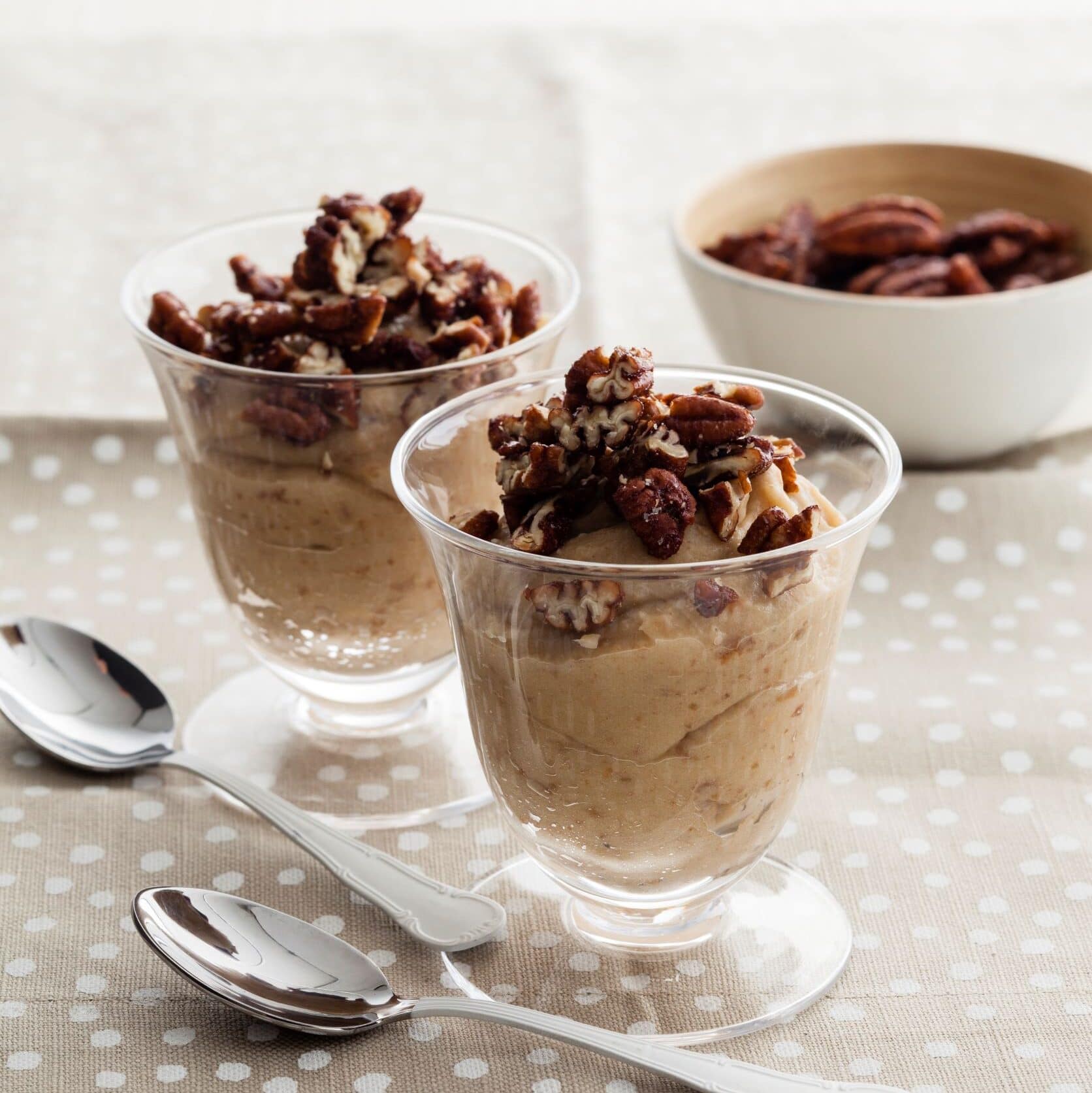Getting sufficient quality sleep is essential for overall health including cognitive health, mood, and immune function. Registered Nutritionist Christine Bailey shares some top tips on how to get a better night’s sleep.

Get plenty of light/sun exposure during the day
As soon as you wake up aim to expose your body to bright sunlight. Light exposure ideally natural daylight helps to reset your circadian rhythm. The circadian rhythm, also known as your internal body clock, is responsible for making you feel alert and sleepy. Ideally, you should feel most alert early in the morning and sleepy as it becomes darker and later in the day. Exposure to sunlight early in the morning is one of the best ways to keep you alert during the day and reset your circadian rhythm. Try to go for a walk outside during your lunch break or use a lamp with a daylight bulb at your desk.
Reducing light especially blue light in the evening
Ideally limit the amount of light you’re exposed to at least 2 hours before bedtime. Scrolling social media or watching TV just before bed are big culprits when it comes to sleep problems, because your mobile phone, laptop, and television all emit blue light. Blue light can affect your body’s natural circadian rhythm if exposed to it late at night.
That’s because it suppresses the production of melatonin, often known as the sleep hormone, which tells your body it’s tired and needs to sleep. One of the easiest ways to prevent blue light harming your sleep is to ditch the screens 2-3 hours before going to bed and swap for a good old-fashioned book. Wear amber-tinted lenses (or blue light glasses) which block blue light can also improve sleep quality.
Keep to a consistent Routine
Having a consistent bedtime and waking up time is an important way to maintain a healthy circadian rhythm. Try to stick to this routine at the weekends too. The circadian rhythm is the reason why teenagers find it difficult to go to bed and wake up early, because their melatonin is released later than adults and children, so they’re awake later. Jet lag and shift work also interfere with the natural body clock as well as long and irregular hours.
Sleep Hygiene
A calm and relaxing bedroom environment will help you to get to sleep more easily. So keep stressors out of the bedroom as well as anything that’s distracting. Keep the room cool but not cold, dark and quiet.
Exercise
We all know the benefits of exercise, but evidence also suggests that exercise can help you to drift off and improve your sleep quality. Ideally exercise earlier in the day so your body is not over stimulated late at night. Avoid strenuous exercise within two hours of when you’re planning to go to bed. After exercising during the day, try taking a warm bath before bed to help cool your body down and get you ready for bed.
Nutrients for Sleep
There are a number of nutrients that can support the production of melatonin and help you wind down in the evening. Many foods contain tryptophan which the body can convert to serotonin and melatonin. Bananas, oats, yogurt, almonds, warm milk are easy options to include in the evening. Don’t go to bed hungry but it’s also important to avoid heavy meals close to bedtime that may trigger indigestion and heartburn. Avoid alcohol and caffeinated drinks. Instead, try relaxing with a cup of warm milk, cherry juice or camomile tea before bed to help you drift off. While melatonin rich fruit or nuts can help your sleep quality, eating two kiwis before bed may help extend your sleep duration over a period of 4 weeks.
Meditation / Relaxation
Some sleep problems are due to anxiety and stress, so calming the mind leads to better sleep. Try avoiding overstimulating your mind before you go to sleep, like working. And try gently wind down with a period of relaxing activities. An Epsom salt bath, meditation, sleep apps can be useful.
Keep your gut happy
There is increasing evidence that your gut microbes can affect your sleep. They have a number of key roles in hormone regulation such as serotonin (a precursor to melatonin). Plus, having a more diverse microbiome (with different types of bacteria) is associated with better sleep. Encouraging a diverse microbiome with plenty of soluble fibre, plants in the diet as well as fermented foods (like yogurt, kefir and miso) that your gut bacteria love.
